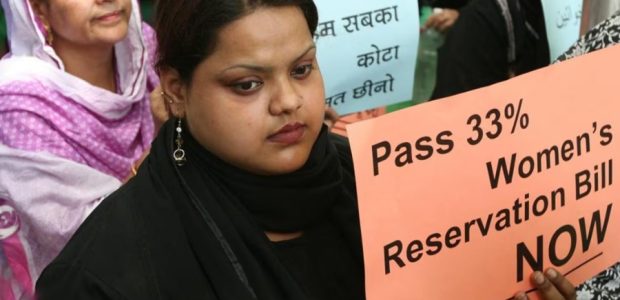
In a historic move, the Indian Parliament introduced the Women’s Reservation Bill, aiming to provide 33% representation of women in Parliament’s both houses, the Lok Sabha and state legislative assemblies. Prime Minister Narendra Modi emphasized the importance of this step during the first session in the new Parliament building.
The bill, a significant development in India’s democratic journey, has the potential to pave the way for a more inclusive and representative political landscape. While women have had one-third reservation in panchayats and local urban bodies since the early 1990s, their representation in higher legislative bodies has remained inadequate.
The current representation of women in Parliament falls below 15%, highlighting the need for a concerted effort to bridge this gender gap in political decision-making. The proposed bill seeks to address this disparity, promoting greater participation of women in policy formulation and lawmaking.
Though the bill’s full implementation may extend beyond the next general election in 2024 due to dependencies on the 2027 census and subsequent constituency redrawing, it marks a significant stride towards gender equality. The government’s strong backing, coupled with support from various quarters, indicates a collective will to empower women and ensure their voices are heard at the highest levels of governance.
As the nation discusses and debates the specifics of the bill, it is a moment to celebrate progress towards a more inclusive political landscape, where both women and men contribute equally to shaping the country’s future.